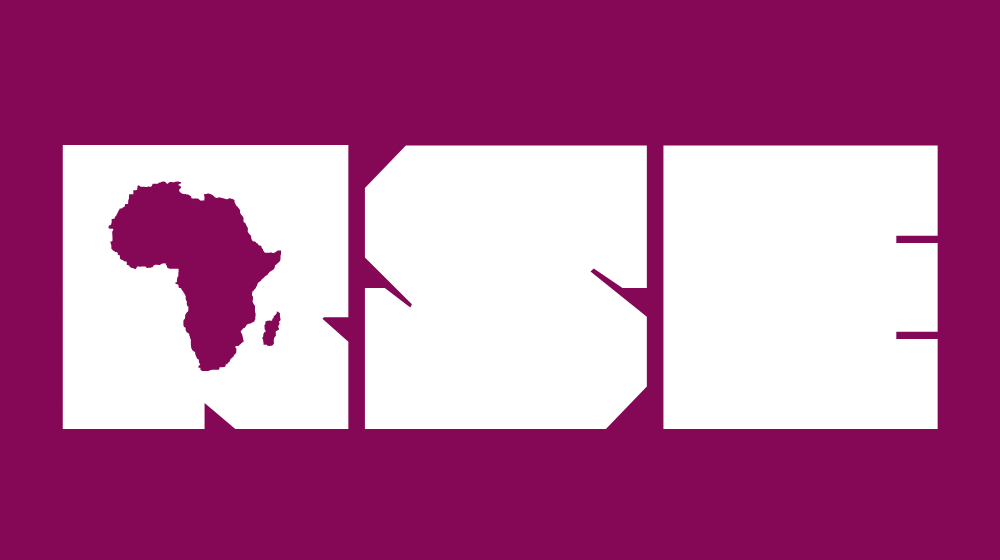What is RSE, and why is it important?
Research Software Engineering (RSE) combines software development with scientific understanding. RSEs collaborate with researchers to build and maintain software for modern research, from small scripts to large data pipelines. They create reusable, reliable tools, automating workflows and making complex research software accessible, scalable, and sustainable. As research becomes more data-driven and computationally intense, well-designed tools are crucial to prevent bottlenecks and ensure scientific progress. Many institutions, like those in the UK with their RSE teams and supporting communities, have formalised RSE as a recognised profession, improving research quality, reproducibility, and impact.
The reality in the region
In Africa, especially in my home country, Nigeria, software engineering is thriving. We have thousands of startups and even a few unicorns driving innovation across the region.
But in research, that same energy is missing. I hadn’t even heard the term “Research Software Engineering” until I applied for an RSE role at the University of Manchester. That experience raised a question I couldn’t shake: how can a field so central to modern science be almost invisible in places so engaged with tech?
During my time studying in Nigeria, RSE simply wasn’t a thing, not as a job title, and not as a recognised practice. I never met anyone whose role involved building or maintaining research software, and there were no teams or training paths dedicated to it.
Yes, some students could code, and a few built personal projects. But academic research still leaned heavily on manual statistics, handwritten calculations, and overworked Excel sheets. When software was written, it was usually improvised, undocumented, and quickly abandoned once a thesis was done.
There were no roles, no support structures, and no sense of shared responsibility for the software behind the science. And because no one was asking for RSE, institutions had no reason to invest in it.
The result? Fragile, short-lived solutions. Reinvented wheels. Missed chances for collaboration, scale, and impact.
Why this absence matters
The absence of RSE isn’t just a gap in job titles; it’s a missing foundation. Today’s research is deeply dependent on software, whether it’s for data analysis, simulations, modelling, or large-scale experiments. Without structured support for research software, the work becomes slower, harder to repeat, and easier to break.
In places like Nigeria, where researchers already face funding and infrastructure challenges, the lack of RSE makes the burden even heavier. Valuable time is spent rewriting code from scratch, debugging fragile scripts, or trying to salvage old projects that were never meant to last. Good ideas are often limited by bad tools, or no tools at all.
This also isolates researchers from global collaborations, where reproducible, scalable code is the norm. When your methods aren’t automated or documented, it’s hard to share your work, and even harder for others to build on it.
But the upside is just as real. With the right support, software could be a major force multiplier. Well-built tools don’t just save time, they help researchers go further, faster, and with more confidence. Recognising and investing in RSE could dramatically increase the impact of research across the region.
What can change?
My perspective shifted completely when I joined a formal RSE team at the University of Manchester. For the first time, I saw what it looked like when researchers had dedicated software support, people who understood the science and the code. I realised just how much time, frustration, and research potential could be saved when good software practices are built into the process from the start.
Change doesn’t have to begin with massive reform. It can start small, by simply recognising that RSE exists, that it matters, and that it already happens in informal ways, even if it’s not called that. Many students and researchers are already writing code to support their work; they just lack the training, structure, and recognition to do it sustainably.
Community is one of the most powerful ways to move forward. That’s why groups like RSSE Africa (Research Software & Systems Engineers of Africa) are so important. RSSE Africa is a growing forum for software and infrastructure developers across the continent, a place to share skills, build support networks, and push for greater equity and visibility in the global RSE space. Their initiatives, from mapping African research software stakeholders to running events on open science practices, are helping plant the seeds of a new culture.
But communities like RSSE Africa can’t do it alone. What we need now is collaboration with universities, research institutions, and funding bodies across Africa. These partnerships are key to educating researchers about the role of software in sustainable science, creating training pathways, and embedding RSE into research teams from the start, not as an afterthought.
It won’t happen overnight, but the building blocks are there. If we can connect the community energy with institutional support, the potential impact on African research and its global contributions could be transformative.
Call to action
Research Software Engineering might still be a new or unfamiliar idea in many parts of Africa and the Global South, but it’s not optional for modern science. It's foundational. Without it, we risk building fragile, short-lived solutions that limit the scope and impact of our research.
Coming from a place where RSE wasn’t even part of the conversation, I’ve come to see how powerful it can be when software and research are properly aligned. It doesn’t just make science faster, it makes it more collaborative, reproducible, and scalable.
Communities like RSSE Africa and SSI are already lighting the path forward. Now we need greater awareness, more partnerships, and increased inclusion, especially from institutions and funders who can help turn that energy into tangible support.
If you're part of a global RSE community, I encourage you to reach out, share resources, and explore opportunities for collaboration. And if you're a researcher or engineer in these places doing this kind of work, know that you're not alone, and that what you’re doing matters.

